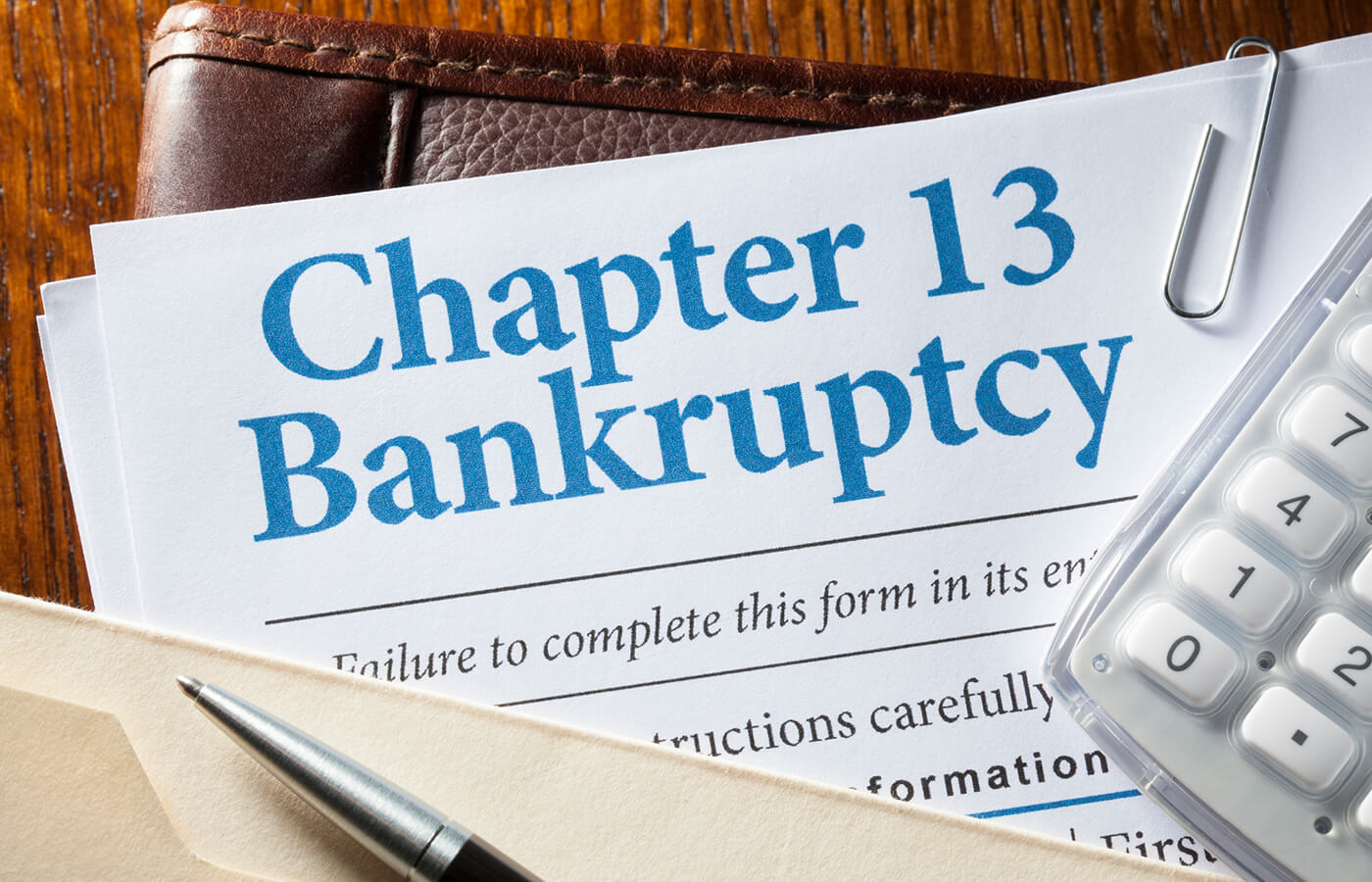If you find yourself insolvent you may want to consider filing bankruptcy with a Chapter 13 bankruptcy lawyer. Chapter 13 bankruptcy will help you pay off your debts in three to five years. However, there are many advantages and disadvantages to Chapter 13 bankruptcy that will affect exactly how long it takes you to pay off your debts. The filing process does take some time, and this will affect how long it is before your debts are paid. Other factors that affect how long it takes to pay off debts in Chapter 13 bankruptcy include the payment process and which debts you have to pay off. Read on to learn more about the Chapter 13 debt payment process.
Advantages of Chapter 13 Bankruptcy
Chapter 13 bankruptcy is a popular choice because it offers several advantages over other types of bankruptcy. The most important advantage of Chapter 13 bankruptcy is that it allows you to keep property like your house and car. Also, this type of bankruptcy helps you consolidate and simplify your debt payments. Chapter 13 bankruptcy can drastically lower your monthly debt payments because it allows you to eliminate some (maybe even 100%) of unsecured debt.
The other common type of personal bankruptcy is Chapter 7, which stays on your credit report for 10 years. Chapter 13, on the other hand, only stays on your credit report for 10 years. Chapter 13 also prevents debtors from going after any co-signers on your debts unless the court gives them permission to do so.
Disadvantages of Chapter 13 Bankruptcy
Chapter 13 does have a few disadvantages, though it is a good choice for many insolvent people. While Chapter 13 does not stay on your credit report for as long as Chapter 7 bankruptcy, it still does stay on your credit report for seven years. It will be very difficult for you to get a loan or get approved for a rental residency during this time period.
Chapter 13 bankruptcy does help you protect important assets like your house and car, but you still have to keep up with your payments. If you don’t your bankruptcy could be dismissed. This would mean that you could end up losing your house and care after all.
How to File Chapter 13 Bankruptcy
Filing Chapter 13 bankruptcy is a relatively straightforward process. There are many attorneys out there who specialize in these kinds of cases. They have a great deal of experience helping people file bankruptcy, so they will make the process simple for you. You will have to fill out a lot of paperwork. Most importantly, you will need to fill out lists of your income, property, expenses, and debts.
You must also file a payment plan. Your attorney will help you work out a doable payment plan for the next three to five years. You will also need to give the court copies of your last four tax returns. You must complete credit counseling, and submit a certificate to the court as proof that you’ve completed credit counseling. If you’re employed, you must submit your last two months of pay stubs. You also must submit a statement of your monthly net income and tell the court whether you expect an increase in income or expenses.
How You Pay Off Debts In Chapter 13 Bankruptcy
When the court approves your Chapter 13 bankruptcy, they will appoint a trustee. Your trustee will manage your repayment plan. You pay your debts by submitting one amount (usually monthly) to the trustee. The trustee will then pay your creditors. Trustees collect a commission of between three and ten percent for their efforts. As long as you make your payments on-time and complete your payment plan, the rest of your debts will be wiped out.
Secured vs. Unsecured Debts in Chapter 13 Bankruptcy
Generally, you must pay all of your secured debts in Chapter 13 bankruptcy. Secured debts are debts owed on property, such as real estate and cars. You will also have to pay your priority debts in full. Priority debts include back child support, alimony, and taxes. If you own or owned a business, you will have to pay all the wages and benefits you owe.
You can save money through Chapter 13 bankruptcy by getting your unsecured debts reduced or eliminated. Unsecured debts include debts that are not related to property. There are many types of unsecured debts. Some of the most common include credit card debt and medical debt. Payday loans also fall into this category. Filing Chapter 13 bankruptcy will not necessarily completely eliminate your unsecured debts. The court will determine how much of your unsecured debt you can pay from your income and expenses. If you have little to no income left over after paying your expenses (including payments on secured and priority debts) you may have your unsecured debt completely wiped out.
